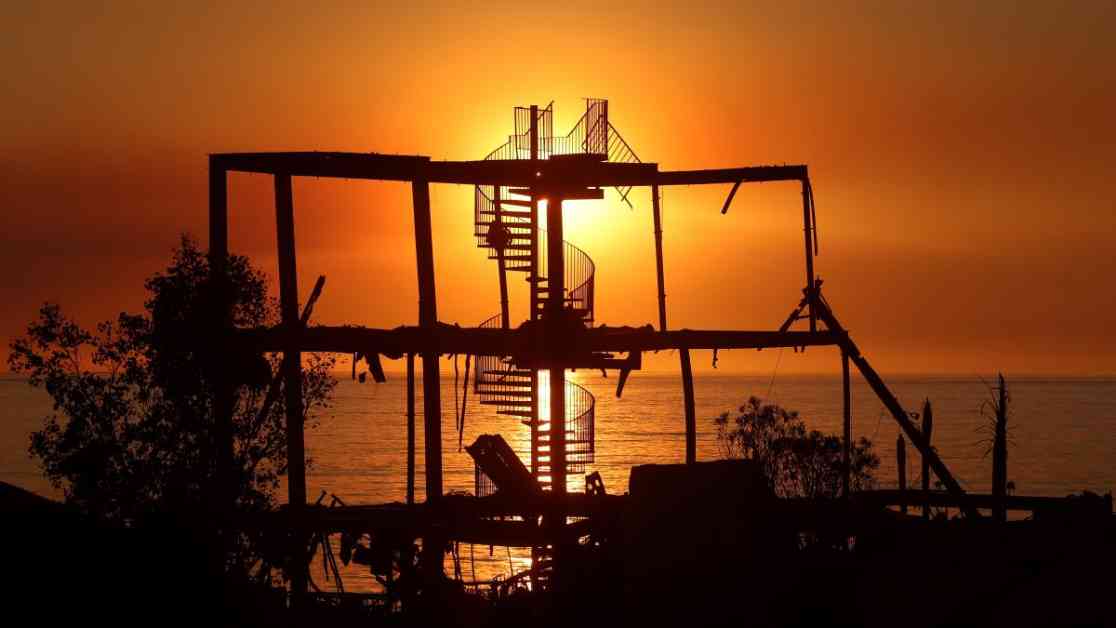**Uncovering the Truth: Insights from Fire Experts on Los Angeles Fires**
The devastating fires that have swept through Los Angeles and Altadena this week have left a trail of destruction, with 11 people dead, over 12,000 structures destroyed or damaged, and 150,000 residents under evacuation orders. This crisis has the potential to become the costliest wildfire disaster in American history, according to UCLA climate scientist Daniel Swain.
### **Experts Speak Out: Jack Cohen and Stephen Pyne**
Respected wildfire experts Jack Cohen and Stephen Pyne have been vocal about the need to change our understanding and relationship with fire to prevent such calamities. Cohen, known for his scientific approach, and Pyne, who focuses on cultural aspects, have emphasized the importance of redefining the problem.
### **Rethinking Prevention Strategies**
Cohen challenges the traditional notion of the wildland-urban interface as the primary problem, suggesting that these are more urban fires than wildland fires. He points out that communities are often ignited by wind-driven embers, not large flames, and calls for a shift in prevention strategies towards “home-hardening” approaches.
### **Learning from History: The Great Chicago Fire**
Drawing parallels to the aftermath of the Great Chicago Fire of 1871, Cohen and Pyne highlight the importance of focusing on fire protection engineering and building codes to safeguard communities. Pyne notes that urban fires have resurfaced in recent years, emphasizing the need for proactive measures to mitigate risks.
### **Looking Ahead: Beyond Climate Change**
While climate change exacerbates fire conditions, Pyne argues that societal factors, such as dependence on fossil fuels, also contribute to the problem. He stresses the need for a shift in mindset, moving away from reactive responses to fires towards proactive, year-round fire prevention strategies.
### **Taking Responsibility: Realistic Approaches**
Both experts urge a realistic assessment of firefighting capabilities and the limitations of current strategies. Cohen emphasizes the need for a paradigm shift in how we perceive fire protection, moving away from reliance on external resources and towards community-driven, sustainable solutions.
In conclusion, the insights shared by Cohen and Pyne shed light on the complex challenges posed by wildfires and the urgent need for a holistic approach to fire prevention. By reimagining our relationship with fire and implementing proactive measures, we can work towards a safer, more resilient future in the face of escalating fire risks.
And remember, as Cohen aptly puts it, “We’ve always had fire as a companion, and it’s been our best friend. And now, because we’re not minding that relationship, it’s become our worst enemy.”

